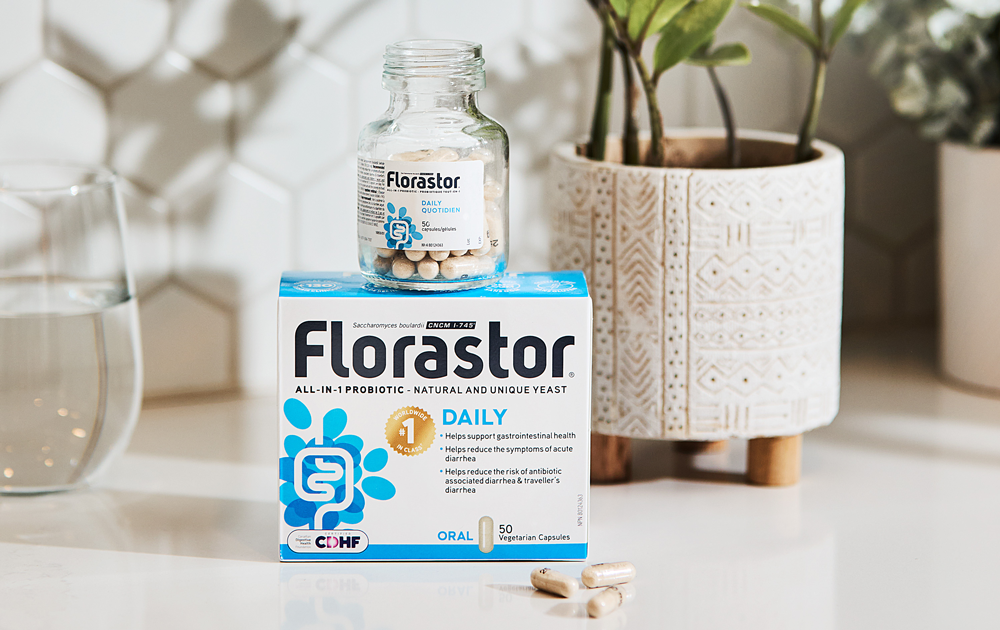The human gut microbiome has a role to play in so many aspects of human health and physiology.
As an example of that intricate and profound relationship, each month I’ve explored different bodies of scientific evidence demonstrating all of the unique ways our health and gut bacteria are connected.
In today’s post my attention turns to the connection between the human gut microbiome’s influence on appetite, energy expenditure and bodyweight.
If you haven’t already, I strongly recommend reviewing my piece on the gut microbiome and SCFAs [short chain fatty acids].
Short chain fatty acids are beneficial compounds our gut bacteria produce when they are in good health and being well nourished from a healthy diet.
These compounds play a significant role in both appetite & blood sugar regulation and, as such, may be important for regulating food intake and bodyweight.
SCFAs are only the tip of the iceberg though, let’s take a closer look at some key studies and messages within this fascinating area of inquiry.
The microbiome-body weight connection
In this section I’ll use scientific studies to help you better understand the connection between your gut bacteria and bodyweight.
Let’s start with revisiting the concept from the introduction.
1/ Foods that help with weight loss are also microbiome friendly
Legumes are a family of foods comprised of lentils, chickpeas, kidney beans and black beans, among others.
They are known to have large amounts of “prebiotic fibre” which stimulate the growth of healthy bacteria [microbiome diversity] and lead them to produce the beneficial SCFAs I mentioned earlier.
They also happen to be extremely satiating foods that many studies have demonstrated to be very effective components of any bodyweight lowering dietary strategy.
2/ Microbiome diversity is related to diet quality & obesity
Microbiome diversity generally refers to the fact that we have large amounts of many different types of helpful bacteria in our microbiome.
Dysbiosis, as per my article last month, is an imbalance in our good vs bad bacteria characterized by a loss of diversity.
Numerous studies demonstrate that high calorie and low nutrient diets are associated with a loss in microbiome diversity that in turn can lead to weight gain and loss of control over food intake.
In a 2017 study out of the Journal Of Obesity, researchers noted that people who consume the most fibre [think legumes!] and had the most microbiome diversity were the least likely to gain large amounts of weight in the long-term.
While this is a significant oversimplification, it makes sense when we consider the role a healthy gut microbiome plays in SCFA production and, in turn, the role these compounds play in appetite regulation.
The release of these hormones may be compromised in those with lower microbiome diversity, thus underlining the connection between bodyweight and our gut bacteria.
Important hormones like insulin, leptin and ghrelin are all influenced by microbiome diversity.
3/ People with healthier microbiome’s may lose weight more easily
Last but not least I’d like to touch on a 2021 study out of the American Society For Microbiology which found that an individual’s microbiome profile was related to how successful they were at losing weight.
Although much more work is needed in this area, it does speak to the notion that an understanding of the foods and lifestyle choices that are most likely to positively influence the gut microbiome are important aspects of weight loss and that it isn’t just about “calories in vs calories out”.
The role of Florastor
Given the association that scientists observe between microbiome diversity and various relevant factors of food intake and weight gain, it is probably unsurprising that studies show probiotic supplementation may modestly contribute to weight loss for some people.
In people with microbiome imbalances, which can occur for various reasons, probiotics have significant potential to restore microbiome diversity.
One of the biggest long-term contributors to reductions in microbiome diversity for many people is antibiotic use.
While antibiotics are important medications when used correctly, the reality is that they do take a toll on our healthy gut bacteria.
That’s where Florastor’s unique S. Boulardii CNCM I-745 probiotic strain comes in.
When used in conjunction with antibiotics, studies demonstrate that Florastor reduces the negative effect of these medications on microbiome diversity.
This is an invaluable benefit for both your short and long-term health, and hopefully after reading today’s post you have an even better understanding as to why.





